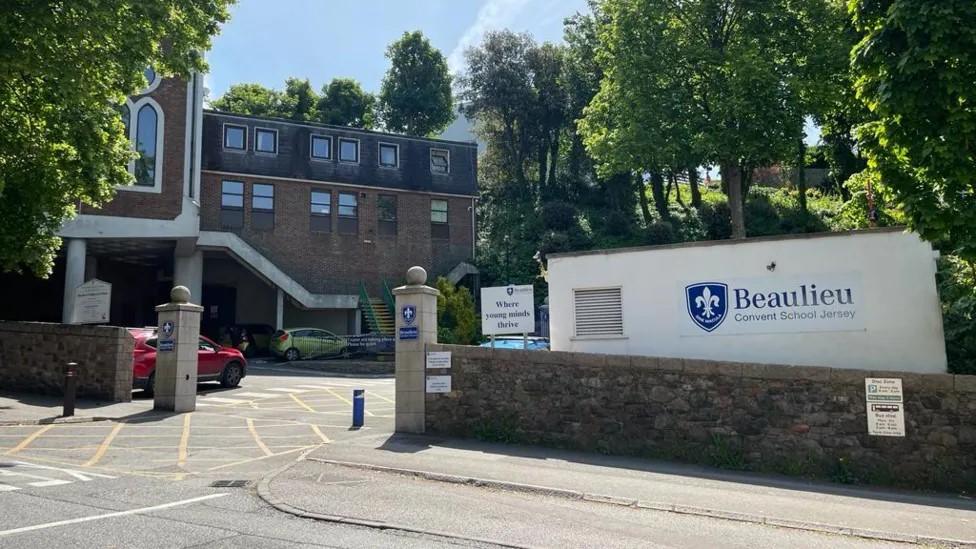Young scientists test new crops for hotter climate
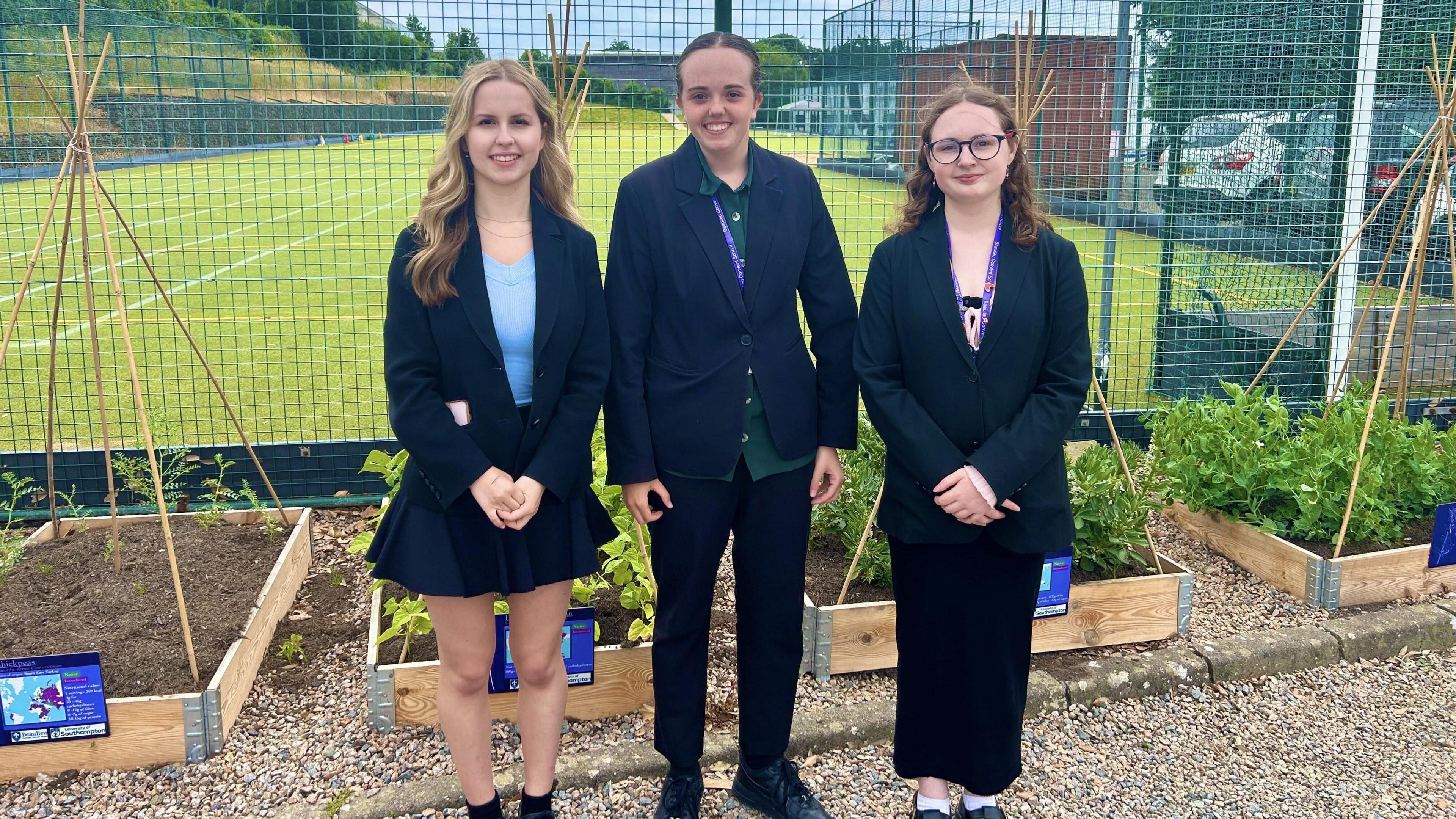
The experiments are part of broader research by the University of Southampton
- Published
Schoolchildren in Jersey are experimenting to see if legumes like chickpeas, lentils, and lablab beans can be grown across the British Isles.
Beaulieu Convent school is one of 100 schools across the UK taking part in the project, with each logging data on a website.
The experiment aims to gather information on food security issues affecting traditional British crops like wheat and maize, caused by climate change.
“It is going to get hotter, and we're going to have to start thinking about growing different crops”, said Dr Mark Chapman, who is leading the project.
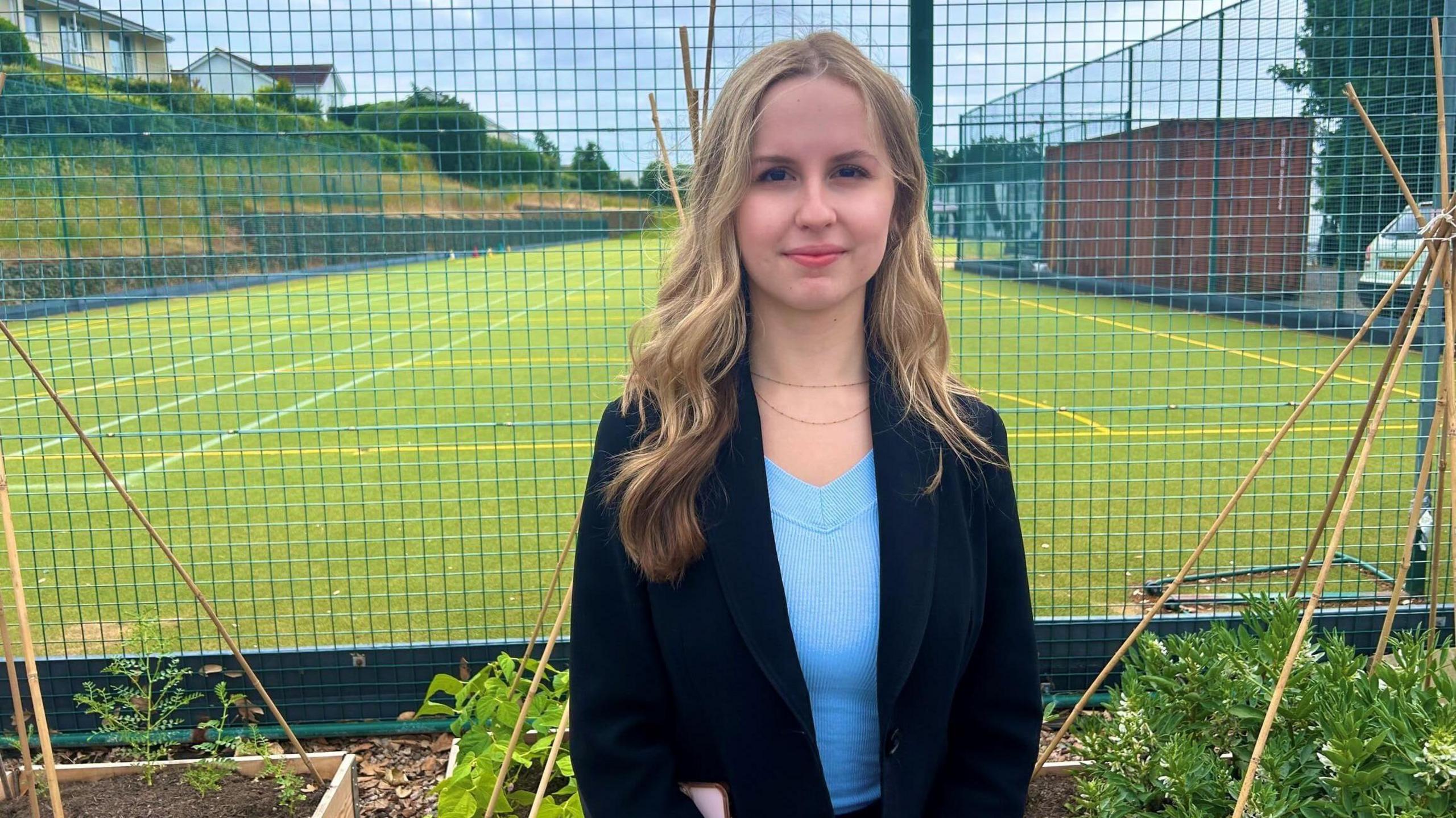
Rayne is supervising Beaulieu's involvement the project
Dr Chapman explained that chickpeas, lentils and lablabs are from hot regions so could potentially be grown in the British Isles as temperatures rise.
“We’re trying to grow lentils, chickpeas, and other beans that could possibly feed us,” he said.
One pupil taking part is Rayne, 17, who believes some types of bean could be a sustainable food source in the future.
“Especially lablab, because it’s drought-resistant,” she explained.
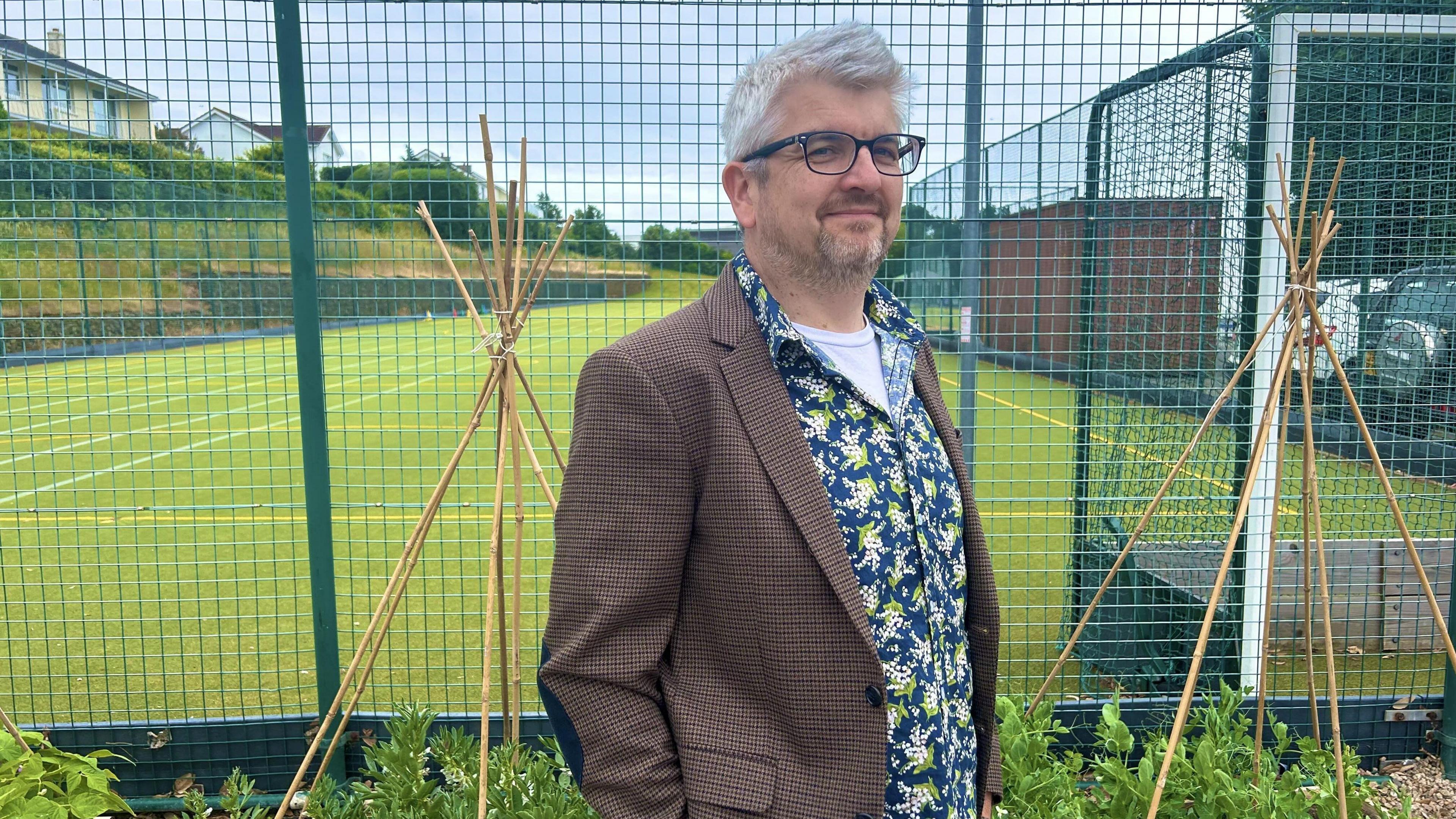
Dr Mark Chapman is leading the project from the University of Southampton.
Dr Chapman said the plan is to “build a map showing where these plants are growing best.”
Chloe, 17, also involved in the experiment, hopes the project provides “vital information” to science and “helps people in the future.”
Jon Hale, head of biology at the school, said it was exciting to be involved in brand new science.
“It gives them an identity as scientists and it creates aspiration and then motivation comes through and they want to learn more”, he said.
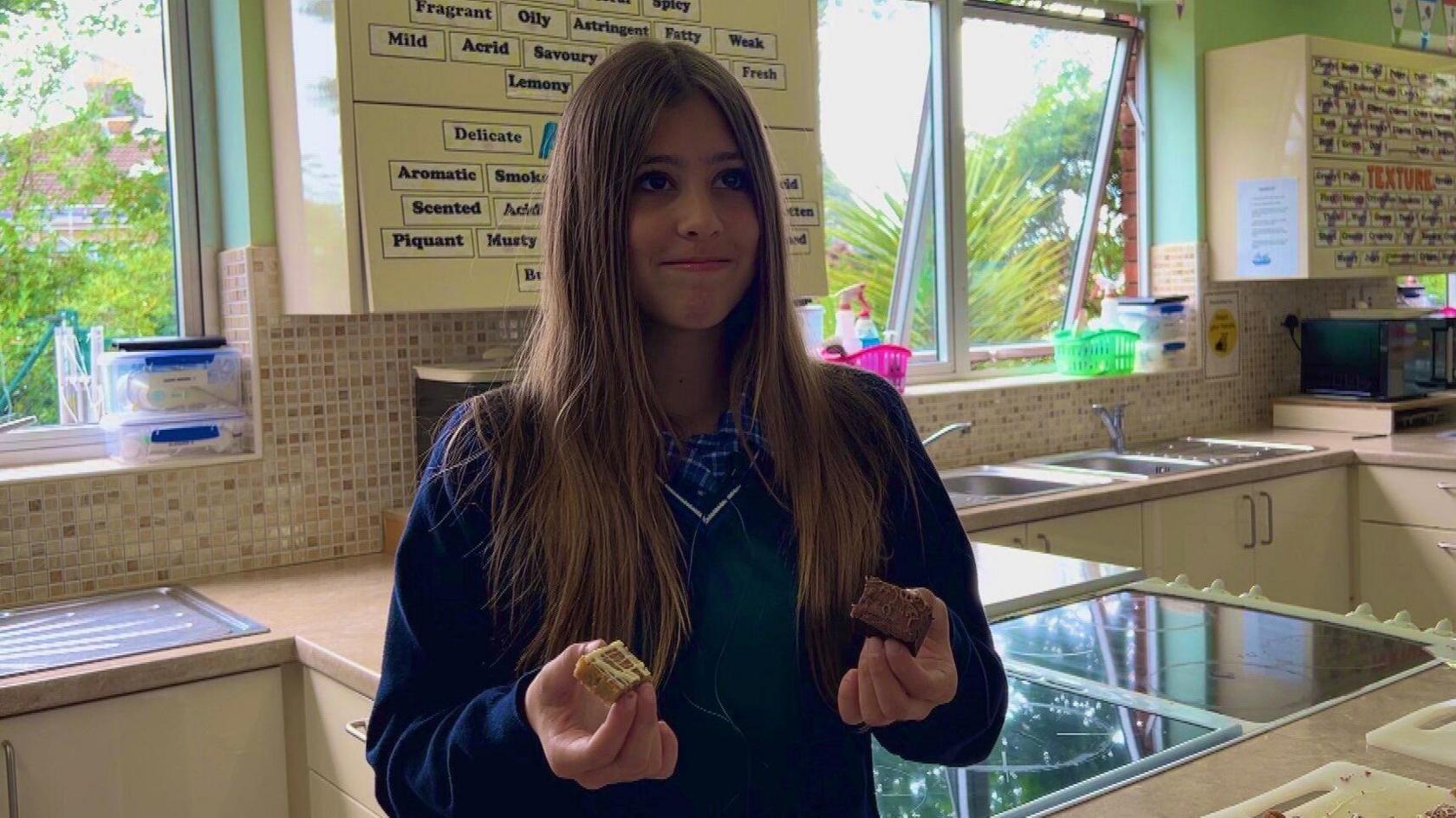
Amber was part of a home economics class that taste-tested bean-based foods
Home economics students have also been involved, performing taste-tests to see if they could adjust to a bean-based diet.
Amber and Lisa, 13, said their favourite dish was the bean-brownie.
Follow BBC Jersey on X (formerly Twitter), external and Facebook, external. Send your story ideas to channel.islands@bbc.co.uk, external.
- Published3 July 2024
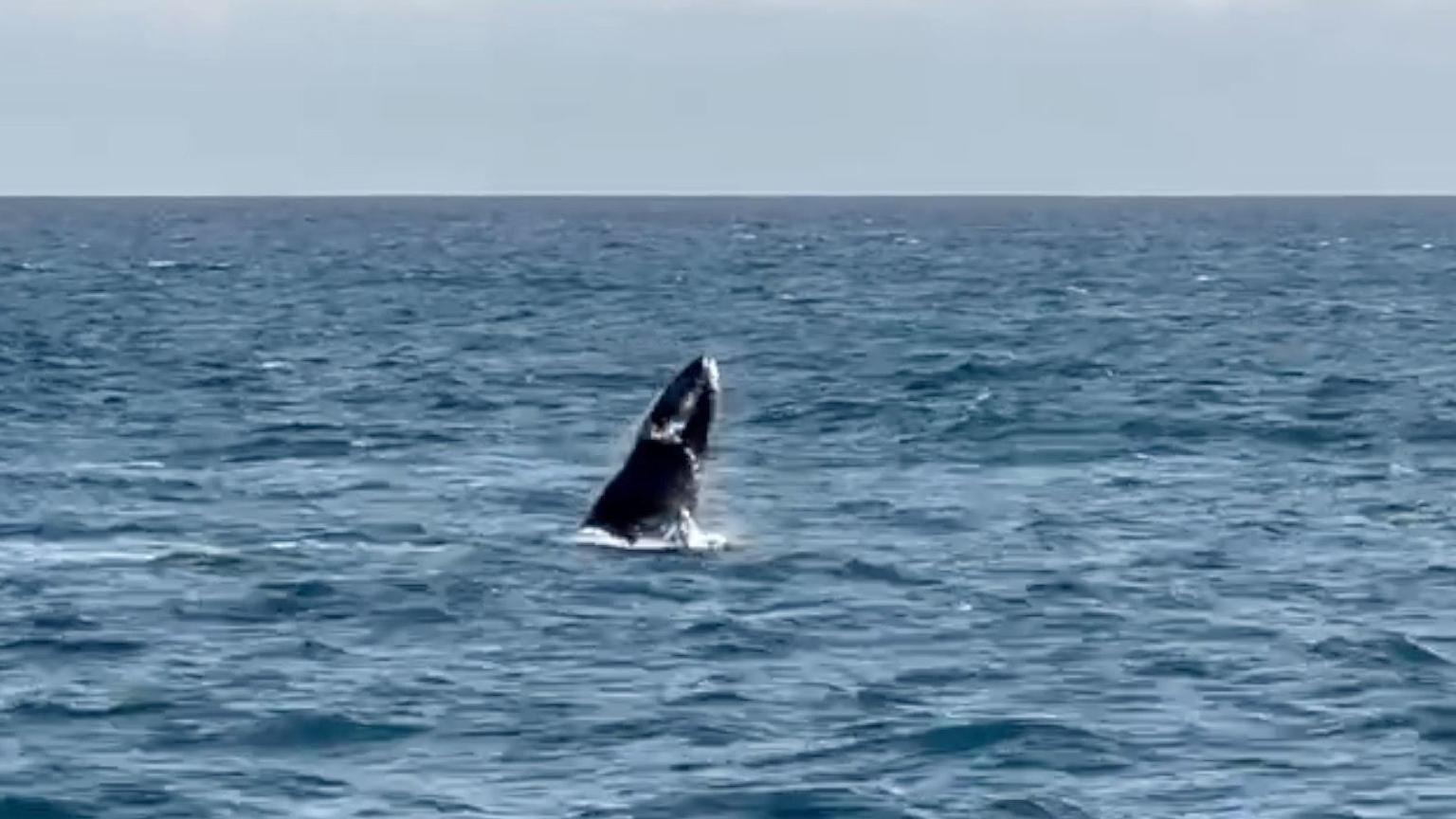
- Published21 May 2024
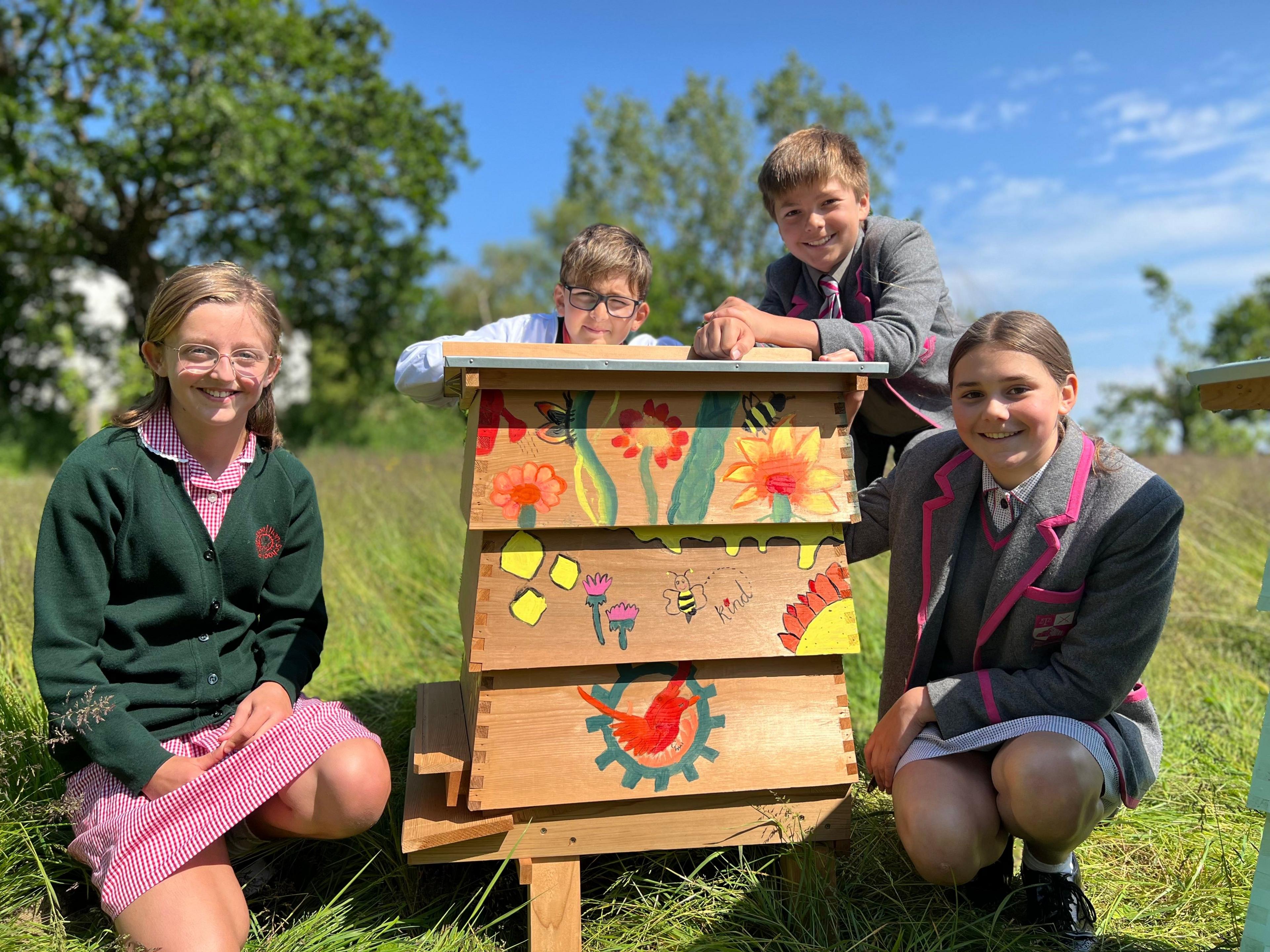
- Published22 April 2024
